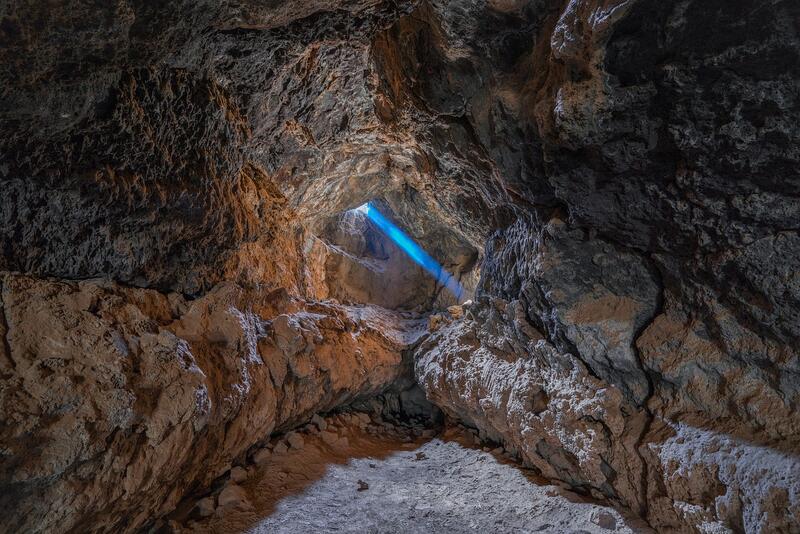Innovations in Decarbonizing Mining support service activities: Exploring Pathways
This article discusses innovative solutions towards reducing carbon emissions in the mining industry and the various pathways that can be explored to achieve decarbonization.

Introduction
The mining industry is one of the most significant contributors to global carbon emissions, accounting for about 4-7% of total greenhouse gas (GHG) emissions. The mining support service activities sector, which includes drilling, exploration, engineering, geophysical surveying, and other related services, also generates significant carbon emissions. Decarbonisation, which refers to the reduction of carbon emissions to mitigate climate change, is crucial for the mining support service activities sector to align with global climate goals and reduce its environmental impact. This article discusses the importance of decarbonisation in the mining support service activities sector, identifies the main sources of carbon emissions, explores strategies to reduce carbon emissions, examines the challenges facing decarbonisation, and analyses the implications of decarbonisation for the sector.
Importance of Decarbonisation in Mining Support Service Activities
Decarbonisation is critical for the mining support service activities sector for several reasons. Firstly, reducing carbon emissions is necessary to mitigate climate change and its adverse effects, such as rising sea levels, extreme weather events, and loss of biodiversity. Secondly, decarbonisation is essential for the sector to comply with national and international regulations and policies aimed at reducing carbon emissions. For instance, the Paris Agreement, signed by 197 countries in 2015, aims to limit global warming to below 2°C above pre-industrial levels and pursue efforts to limit the temperature increase to 1.5°C. To achieve this goal, countries must reduce their carbon emissions significantly, and the mining support service activities sector must play its part. Thirdly, decarbonisation can improve the sector's reputation and social license to operate by demonstrating its commitment to sustainability and environmental responsibility. Finally, decarbonisation can lead to cost savings and operational efficiencies by reducing energy consumption and improving resource efficiency.
Sources of Carbon Emissions in Mining Support Service Activities
The mining support service activities sector generates carbon emissions from several sources, including energy consumption, transportation, and waste management. Energy consumption is the primary source of carbon emissions, accounting for about 90% of total emissions. The sector uses energy-intensive equipment and machinery, such as drilling rigs, pumps, compressors, and generators, which rely on fossil fuels, mainly diesel and gasoline. The transportation of personnel, equipment, and materials to and from mining sites also generates carbon emissions, mainly from road and air transport. The sector also generates carbon emissions from waste management, such as the disposal of drilling fluids, chemicals, and other hazardous materials.
Strategies to Reduce Carbon Emissions in Mining Support Service Activities
Reducing carbon emissions in the mining support service activities sector requires a combination of strategies, including energy efficiency, renewable energy, fuel switching, and waste management. Energy efficiency measures aim to reduce energy consumption by improving the efficiency of equipment and machinery, optimizing processes, and reducing energy waste. For instance, using high-efficiency motors, pumps, and compressors, implementing energy management systems, and monitoring and controlling energy use can significantly reduce energy consumption and carbon emissions. Renewable energy sources, such as solar, wind, and geothermal, can also reduce carbon emissions by replacing fossil fuels in energy generation. For instance, using solar panels or wind turbines to power drilling rigs, pumps, and other equipment can reduce carbon emissions and operational costs. Fuel switching, such as using biofuels or electric vehicles instead of diesel or gasoline, can also reduce carbon emissions. Finally, waste management strategies, such as recycling, reusing, or treating drilling fluids, chemicals, and other hazardous materials, can reduce carbon emissions from waste disposal.
Challenges Facing Decarbonisation in Mining Support Service Activities
Decarbonisation in the mining support service activities sector faces several challenges, including technological, financial, and regulatory barriers. Technological barriers include the lack of suitable and affordable renewable energy technologies and the limited availability of low-carbon equipment and machinery. Financial barriers include the high upfront costs of renewable energy and energy efficiency investments, the lack of access to financing, and the low profitability of low-carbon solutions. Regulatory barriers include the lack of clear and consistent policies and regulations that support decarbonisation, the absence of incentives or penalties for carbon emissions reduction, and the limited availability of carbon offsetting mechanisms.
Implications of Decarbonisation for Mining Support Service Activities
Decarbonisation has several implications for the mining support service activities sector, including environmental, social, and economic implications. Environmental implications include reduced carbon emissions, improved air and water quality, and reduced waste generation and disposal. Social implications include improved health and safety for workers and communities, enhanced social license to operate, and improved stakeholder engagement. Economic implications include cost savings from reduced energy consumption and improved resource efficiency, increased competitiveness through innovation and differentiation, and access to new markets and customers that prioritize sustainability and environmental responsibility.
Conclusion
Decarbonisation is critical for the mining support service activities sector to mitigate climate change, comply with regulations, improve its reputation, and achieve cost savings and operational efficiencies. The sector generates carbon emissions from energy consumption, transportation, and waste management, and reducing these emissions requires a combination of strategies, including energy efficiency, renewable energy, fuel switching, and waste management. However, decarbonisation faces several challenges, including technological, financial, and regulatory barriers. The implications of decarbonisation for the sector are significant, including environmental, social, and economic benefits. Therefore, the mining support service activities sector must prioritize decarbonisation and work collaboratively with stakeholders to overcome the challenges and realize the benefits of a low-carbon future.